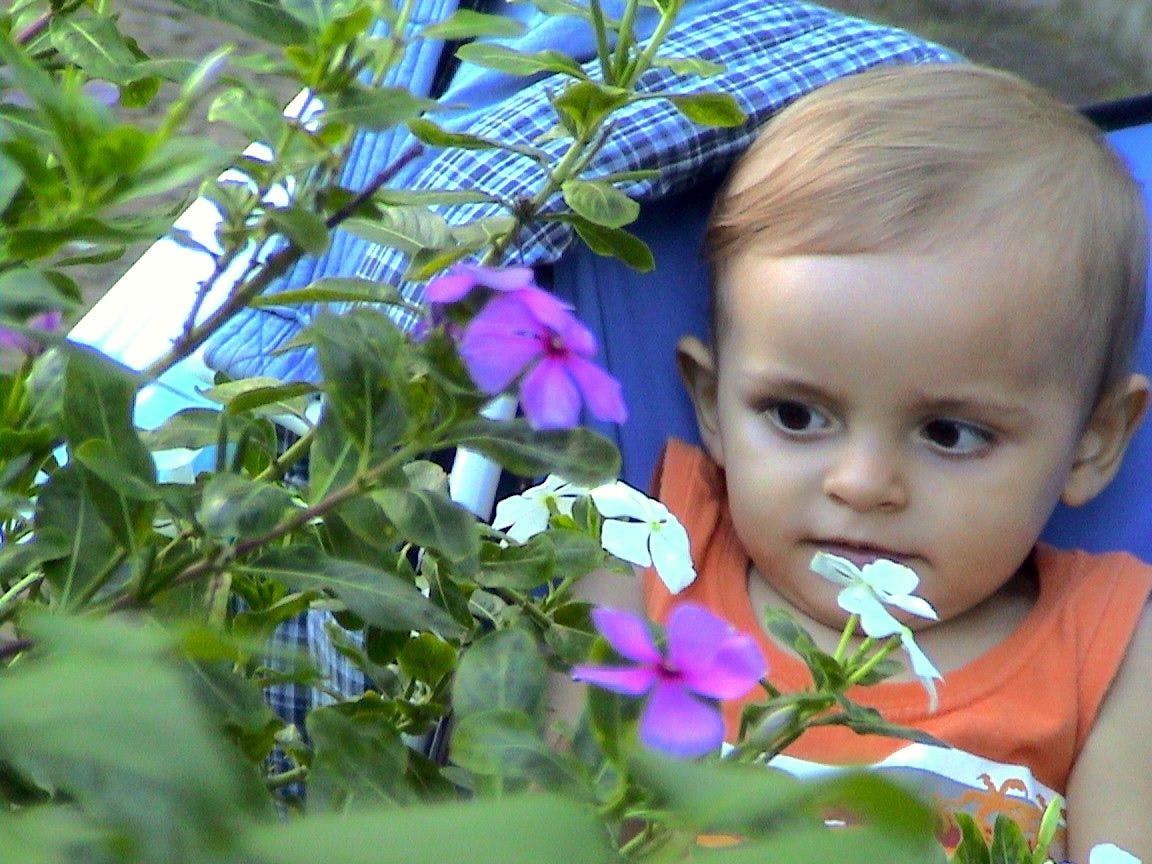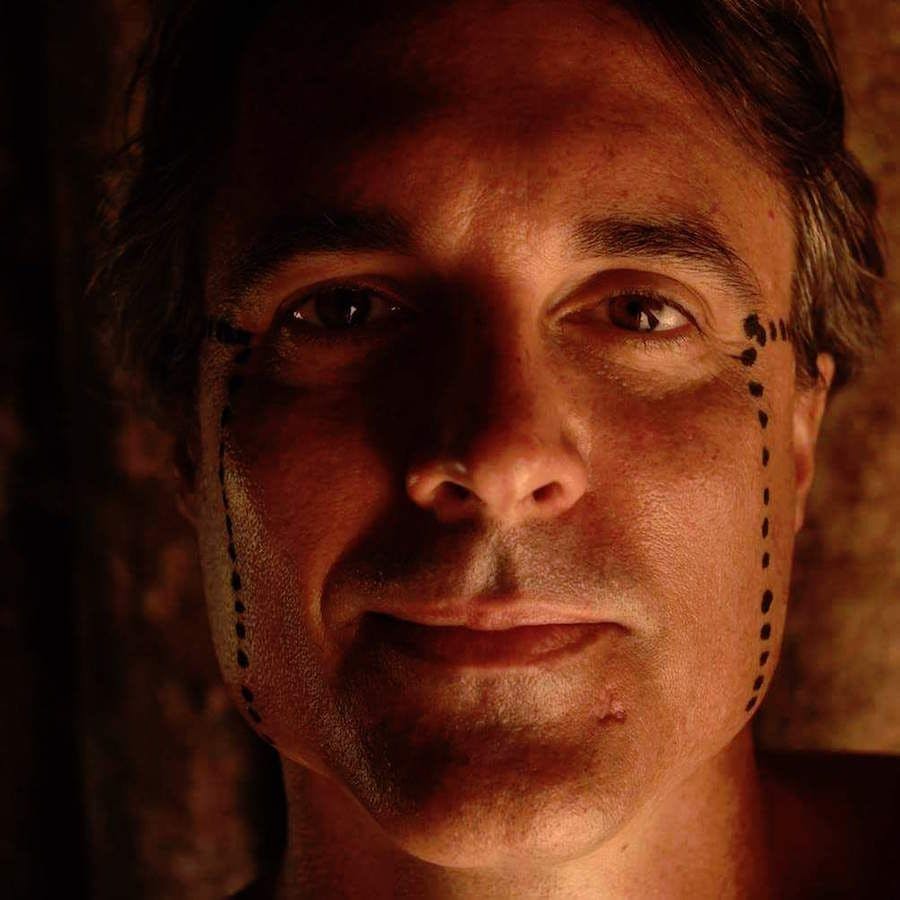About this poem
Fifteen years ago, my youngest son, then eighteen months old, woke up one morning with a lump exactly the size and shape of an olive behind his ear. An X-ray revealed a quarter-sized hole in his skull and a mass of dense tissue. The initial diagnosis—malignant tumor of the cranium—left everyone in the family reeling, incredulous and praying for a miracle. For the first few agonizing weeks, I believed that life as I knew it was over, that I would never again know joy.
We immediately left our home in Manaus, in the Brazilian Amazon to travel to the Boldrini Children's Center in Campinas, São Paulo state, one of Latin America's best-known children's cancer hospitals. We arrived together with a cohort of other families from varied economic and geographical backgrounds, each carrying a distinctive diagnosis and prognosis, five-year survival rates, and a whole litany of unthinkable medical jargon, but all sharing the same shock, disbelief, desperation, and blind hope about our children's treatment. We clung to one another like shipwreck survivors on a lone raft in a vast and menacing ocean.
During times of calamity, our survival instinct forces an extreme narrowing of attention to the minute, concrete details of each successive moment. We become attuned to every signal of danger, alert to any possible avenue of escape, yet at the same time, we erect protective blinders against the nameless sense of doom that lies over the horizon. The experience is almost an altered state of consciousness.
The initial, frightful diagnosis was ultimately rejected in lieu of something far stranger, but fortunately less lethal in most cases: Langerhans cell histiocytosis, also known as eosinophilic granuloma or histiocytosis-X (due its mysterious etiology), a childhood disease that is a hundred times rarer than leukemia and thus often misdiagnosed.
You know you are desperate when a doctor tells you your child has an extremely rare immune system condition of unknown origin that punches Swiss-cheese-like holes in the bones and especially the skull, fatal in about 15% of the cases and usually treated through experimental drug protocols, and you feel relieved.
One day I sat outside an ecumenical chapel, listening to some of my fellow parents in the final phases of desperation singing hymns, full-throated and out of key: "Ha-ha-hallelujah!" I couldn't tell whether God was laughing at us or with us. Suddenly, I recalled a few lines from the poet Paul Celan, whose work I had studied in undergraduate classes in comparative literature twenty years prior:
Inspired at the time by campus lore about a professor in the department who supposedly recited Rainer Marie Rilke's "Duino Elegies" to herself in German while swimming laps, I had committed Celan's much shorter, but notoriously impenetrable poem "Engführung" ("Stretto") to memory.
A concentration camp survivor who lost his parents during the Holocaust, Celan (né Antschel) is considered to be the quintessential poet of the unspeakable. In his 1958 acceptance speech for the Bremen Literature Prize, Celan described this paradoxical quality of his poetry: "There remained in the midst of the losses this one thing: language. ... It passed through and gave back no words for that which happened; yet it passed through this happening. Passed through and could come to light again."
Returning to Celan's poetry during my own time of calamity, I began jotting down disjointed thoughts and observations that came to me at the hospital and its playground, the doctor's office, the family residence that doubled as a hospice, and the taxi rides between—all composed in that altered state between hope and despair.
Eventually, my poem "Unlikely Blessings" came into form. In the second line, "grave green lawn" is also a distant echo of the inscrutable phrase from "Engführung": "Gras, auseinandergeschrieben" ("Grass, written asunder").
The poem became my way of "passing through" the battery of experimental chemotherapy my youngest son underwent over the next three years: successful, most fortunately. His treatment involved a drug derived from the toxic rosy periwinkle plant, Catharanthus roseus (or Vinca rosea), native to Madagascar. This direct experience of a lifesaving cure gave me a new appreciation of my own field, ethnobotany—the study of traditional knowledge about plants. It also reinforced for me Paul Celan's words about the capacity of poetic language to help us "come to light again" after experiencing the unthinkable.

